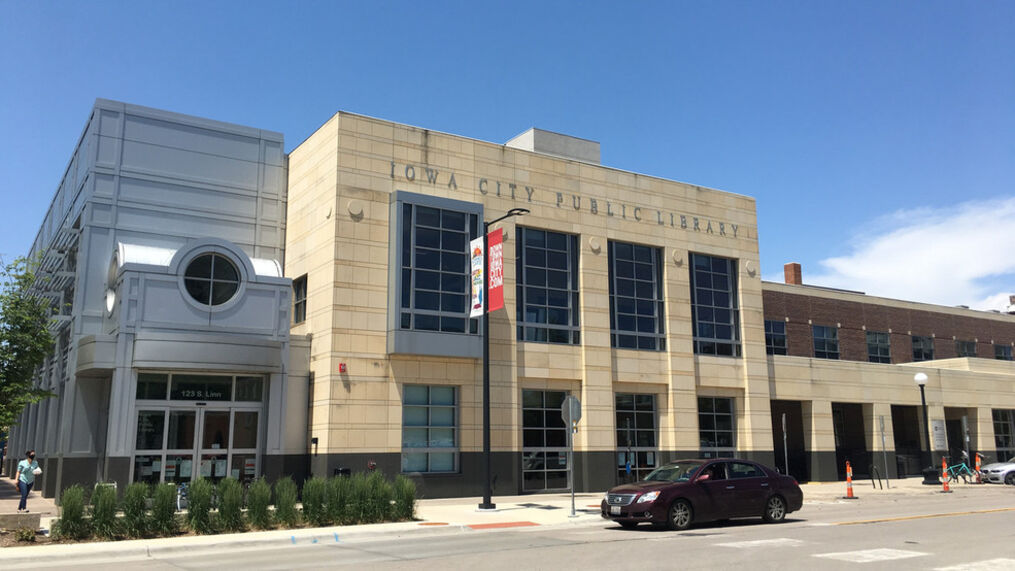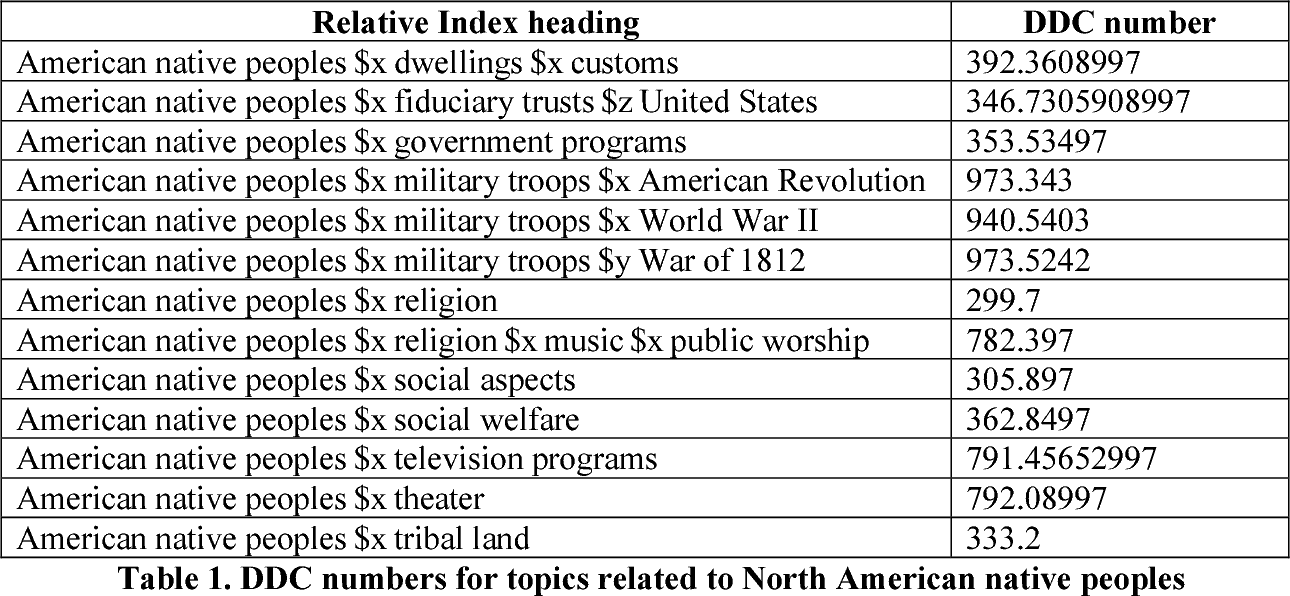Two topics today

You might find it interesting to read about this particular public library.
Who?
Connor Smith
Iowa City, UNESCO City of Literature
Who? What?
What?
Readings for Connor's topic and presentation
Read these items and plan to post a consideration about them.
- Skim over the application Iowa City made to apply to UNESCO
There are many statistics that could be cited about the ICPL – its state-leading per capita receipts, its roughly $4.2 million dollar budget, or its expenditures on computer equipment and new media – but one figure above all others stands out: In 2006, for a population of 63,027, there were 63,713 library patrons; that is to say, borrowers as a percentage of population reached 101%! ... Nothing could be more symbolic of the place the ICPL has in the hearts of the citizens of Iowa City; there may be no more universally loved institution in the city
- The Spirit of an Age: Iowa Public Libraries and Professional Librarians as Solutions to Society's Problems, 1890-1940, by Daniel Goldstein
This next article discusses the big Progressive Era push in Iowa to build libraries, including the Iowa Library Commission.
These variations in periodization reflect the fact that a complex set of local, state, regional, and national circumstances affects the development of libraries. In order to prosper, public libraries needed more than just the core of die-hard library supporters like those who attended the meeting in Des Moines. They also needed library friendly legislation, policies, and public institutions. Perhaps most of all, they needed significant public support. The core group of library supporters believed that libraries were an essential component of civilized society. The necessary popular and institutional support developed only when (and only for as long as) these advocates could articulate a compelling case that libraries were the solution to a pressing local problem.
We'll spend some time discussing these readings as a part of today's presentations
Who? What?
Who?
Wesley Skidmore
Dewey Decimal System and North American Indigenous people
Who? What?
What?
Readings for Wesley's topic and presentation
Read these items and plan to post a consideration about them.

-
Indigenous Peoples in the U.S., Sovereign Nations, and the DDC
by Rebecca Green
This article is a bit long, and you needn't read all of it. But do more closely read the first six pages with a focus on Terminology, Ghettoization, and Diasporization.The continuing (and often unsatisfactory) search for an acceptable umbrella term for the indigenous peoples in the U.S. reflects the fact that these peoples do not form an inherently natural group; any umbrella term tends to obscure the integrity of each people on its own. External forces (for example, the boundaries of the United States, bureaucratic functions of the United States government) have combined to make it desirable to have a way of referring to the indigenous peoples who now reside or whose ancestors resided on lands within the bounds of the United States. But the common generic names—American Indians, Native Americans—are problematic. The use of the term “American Indians” derives from the East Indies having been the intended destination of Columbus’ expeditions, but the peoples of the land he did reach had and have nothing to do with the Indies. The use of the term “Native Americans” for peoples situated in the U.S. blithely ignores the fact that America refers to a much larger expanse than that of the U.S.; moreover, the term has typically not been used to refer to all indigenous peoples in the U.S., excluding native Hawaiians and some native Alaskans (e.g., Aleut, Yup'ik, Inuit). In addition, the peoples referred to inhabited the land long before it came to be known as America.
-
This Library Takes an Indigenous Approach to Categorizing Books, Yes Magazine
For more than a century, the Dewey Decimal Classification system has dictated the way libraries organize their collections. And the way they organize and sort information says a lot about what kind of information is prioritized—and what’s left out.